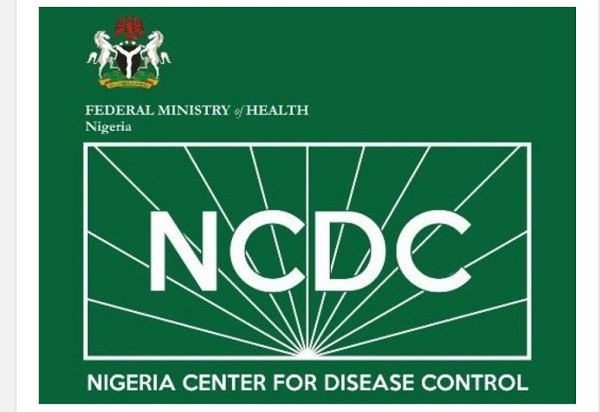
The latest report by the Nigeria Centre for Disease Control (NCDC) has revealed that Nigeria has recorded its first death in the Monkeypox epidemic while a total of 21 cases were confirmed in nine states and the FCT since the outbreak as of May 29, 2022.
In its latest report on Monkeypox, the NCDC said the country recorded six cases in May and one death, adding that Nigeria’s risk of exposure to the virus is high based on its recent risk assessment.
Recall that the World Health Organisation in a report published in its Disease Outbreak News (DNO) on May 26, 2022, reported that 23 member states of the organisation reported 257 confirmed cases and around 120 suspected cases with no deaths recorded.
However, the NCDC’s latest epidemiological summary on monkeypox which was published on Sunday evening said a 40-year-old patient who had underlying co-morbidity and was on immunosuppressive medications had died.
The NCDC said among the 21 cases reported in 2022 so far in nine states and the FCT – Adamawa (5), Lagos (4), Bayelsa (2), Delta (2), Cross River (2), FCT (2), Kano (2), Imo (1) and Rivers (1) – there has been no evidence of any new or unusual transmission of the virus, nor changes in its clinical manifestation documented (including symptoms, profile and virulence).
It noted that since January 2022, Nigeria has continued to report sporadic cases of the disease.
Monkeypox is an uncommon disease caused by infection with the monkeypox virus, which belongs to the orthopoxvirus genus in the poxviridae family.
According to the WHO, the disease is only seen in West and Central African countries.
It has, however, been reported in other countries of the world, including the United States, the United Kingdom, Canada and Italy.
To further contain the outbreak, the NCDC said a national technical working group (TWG) was set up and saddled with the task of monitoring infections and strengthening preparedness and response capacity.
The agency said genomic surveillance was ongoing at NCDC’s National Reference Laboratory in Abuja and, so far, all cases have been confirmed to be caused by the West Africa clade monkeypox virus.
“Before the activation of the MPX-EOC, a multi-agency technical working group (TWG) coordinated at the NCDC led Nigeria’s efforts to improve the detection, prevention and control of monkeypox.
“Nigeria’s national surveillance system, the Surveillance Outbreak Response Management and Analysis System (SORMAS) was first deployed in response to the 2017 monkeypox outbreak to improve the timeliness and completeness of case reporting, as well as facilitate the overall response.
“In addition, this pilot project informed the nationwide scale-up of SORMAS to enable real-time reporting of surveillance data for prompt public health response to infectious disease outbreaks, including COVID-19.
“Following the detection of the index case on September 22, 2017, and the effective containment of the 2017 outbreak in Nigeria, the NCDC through the Monkeypox TWG worked on various interventions to gain a better understanding of the epidemiology of the virus to inform preparedness and response in-country (access NCDC-affiliated monkeypox research).
“The TWG coordinated the development of national monkeypox guidelines, capacity-building of healthcare workers and surveillance officers on case detection, sample collection, laboratory testing for confirmation and sequencing of the virus at NCDC’s National Reference Laboratory and intensified public awareness through risk communication,” it said.
The agency said that the MPX-EOC would continue to monitor the evolving situation to inform public health action accordingly.
“Symptoms of Monkeypox include sudden fever, headache, body pain, weakness, sore throat, enlargement of glands (lymph nodes) in the neck and under the jaw, followed by the appearance of a rash (often solid or fluid-filled at the onset) on the face, palms, soles of the feet, genitals and other parts of the body,” it said.
The NCDC emphasises that members of the public should remain aware of the risk of Monkeypox and adhere to public health safety measures – specifically, report to the nearest health facility if they notice the known signs and symptoms of the disease.
Also, it advised healthcare workers to maintain a high index of suspicion for Monkeypox and report any suspected case to the relevant state epidemiology team for prompt public health intervention, including sampling for confirmatory testing.

